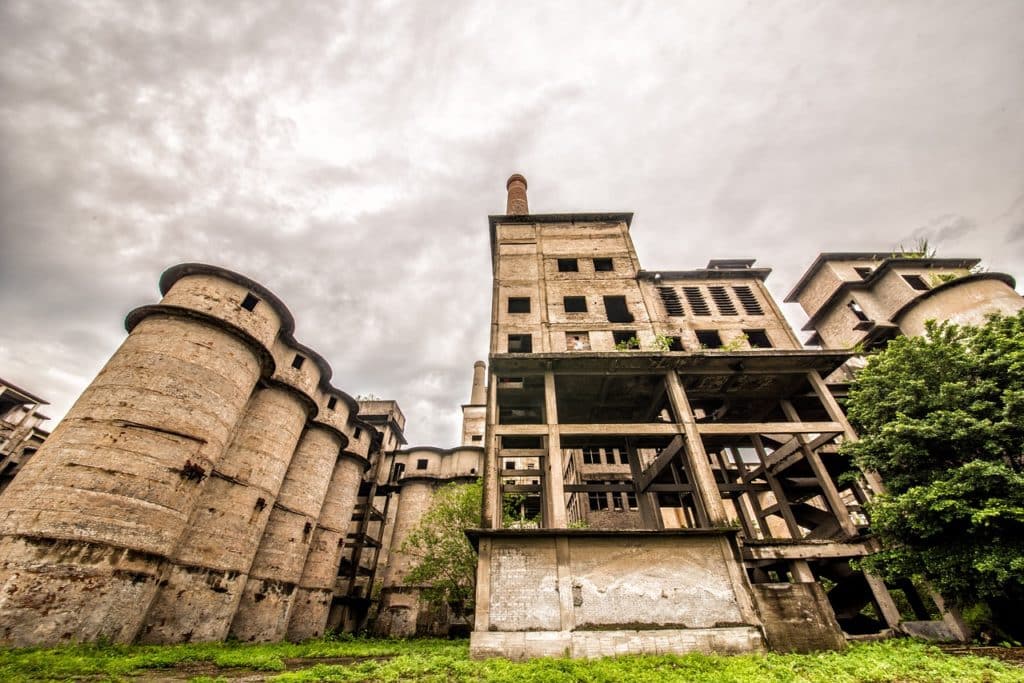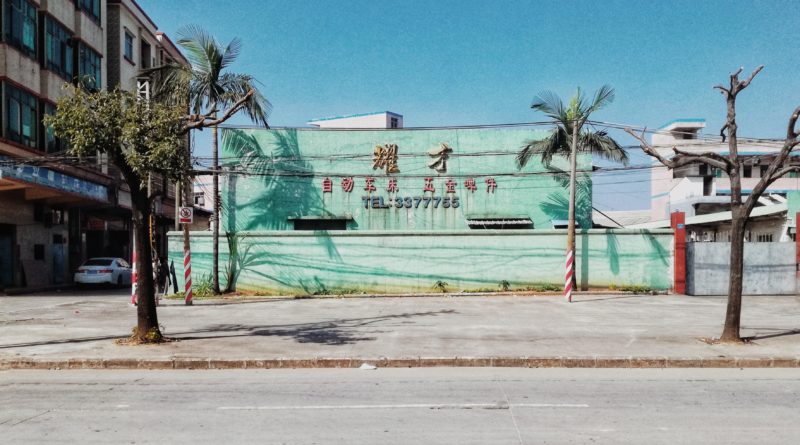Exploring Dongguan A Vibrant Fusion of Industry and Culture
Introduction
Nestled in the heart of China’s Guangdong Province, Dongguan is a city that embodies the nation’s remarkable blend of ancient traditions and modern industrial prowess. Known as the “Factory of the World,” Dongguan has evolved from a manufacturing hub to a multifaceted destination that boasts a rich cultural heritage, breathtaking natural landscapes, and a thriving economy. In this article, we will delve into the many facets of Dongguan, exploring its historical significance, economic achievements, cultural attractions, and its promising future.
Historical Significance and Modern Transformation
Dongguan’s history dates back over a thousand years, with its origins as a trading center during the Tang Dynasty. Over time, it grew into an important transportation hub connecting Guangzhou, Shenzhen, and other cities in the Pearl River Delta. The city’s historical significance is evident in its architecture and cultural relics. The Opium War Museum and Keyuan Garden are prime examples of Dongguan’s commitment to preserving its past while embracing its modern identity.
However, it was in the late 20th century that Dongguan truly gained global recognition as an industrial powerhouse. The city’s strategic location, well-developed infrastructure, and skilled workforce attracted multinational corporations seeking to take advantage of China’s economic rise. Dongguan’s manufacturing capabilities spanned electronics, textiles, plastics, and more, earning it the moniker “Factory of the World.”
Economic Achievements and Industrial Innovation
Dongguan’s transformation from an agrarian region to a global manufacturing hub has been nothing short of remarkable. Its economic achievements are a testament to the city’s adaptability and innovation. The “Dongguan Model” of development emphasized industrial upgrading, technology integration, and sustainable growth.
The city’s industrial parks, such as Songshan Lake High-Tech Industrial Development Zone, have played a pivotal role in fostering innovation. These parks have attracted research and development centers, as well as tech giants, fostering an environment of collaboration and knowledge exchange. Dongguan’s commitment to embracing advanced technologies like 5G, artificial intelligence, and robotics has propelled it into the era of Industry 4.0.
Cultural Charms and Artistic Pursuits
Beyond its industrial prowess, Dongguan is a city brimming with cultural experiences and artistic endeavors. The Yuehui Garden and Humen Naval Battle Museum highlight the city’s historical and maritime significance. Moreover, the Opium War Museum sheds light on a painful period in China’s history, showcasing Dongguan’s dedication to acknowledging its past.
Art and creativity thrive in Dongguan’s cultural scene. The city hosts numerous festivals, including the Dongguan International Photography Festival and the Dongguan International Music Festival, attracting artists and enthusiasts from around the world. Galleries and creative spaces like the Dongguan Yulan Theater and the 8D Creative Park have become platforms for local artists to showcase their talents.

Natural Beauty and Sustainable Living
Amidst the urban landscape, Dongguan offers stunning natural beauty that provides respite from the hustle and bustle. The scenic views of Lotus Mountain and Qifeng Park are perfect examples of Dongguan’s commitment to balancing urban development with nature preservation. These green spaces not only offer recreational opportunities but also promote a sustainable and eco-friendly lifestyle.
Looking Ahead A Promising Future
Dongguan’s journey from a historical trading post to a global manufacturing powerhouse and cultural haven is a testament to its resilience and adaptability. As the city continues to evolve, it faces new challenges and opportunities.
Dongguan’s strategic location within the Greater Bay Area, an integrated cluster of cities including Hong Kong and Shenzhen, positions it as a critical player in China’s economic landscape. The city’s commitment to sustainable growth and technological advancement ensures that it will remain at the forefront of innovation and progress.
Conclusion
Dongguan’s story is one of transformation, innovation, and cultural richness. From its humble beginnings as a trading center to its role as a global manufacturing giant, the city’s evolution has been nothing short of extraordinary. Today, Dongguan is not only a hub of industrial innovation but also a place where history, culture, and nature converge harmoniously. As the city looks to the future, it continues to inspire with its ability to adapt, thrive, and define what it means to be modern China.
Photo by Matze Bob on Unsplash
Image by UCkiyoko from Pixabay

